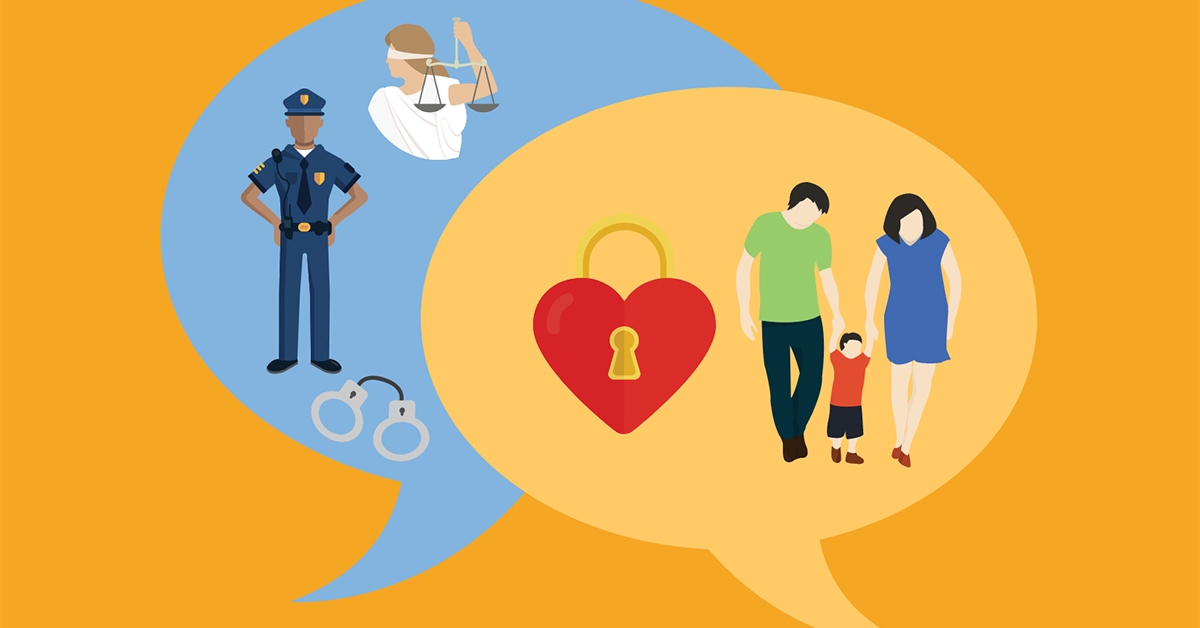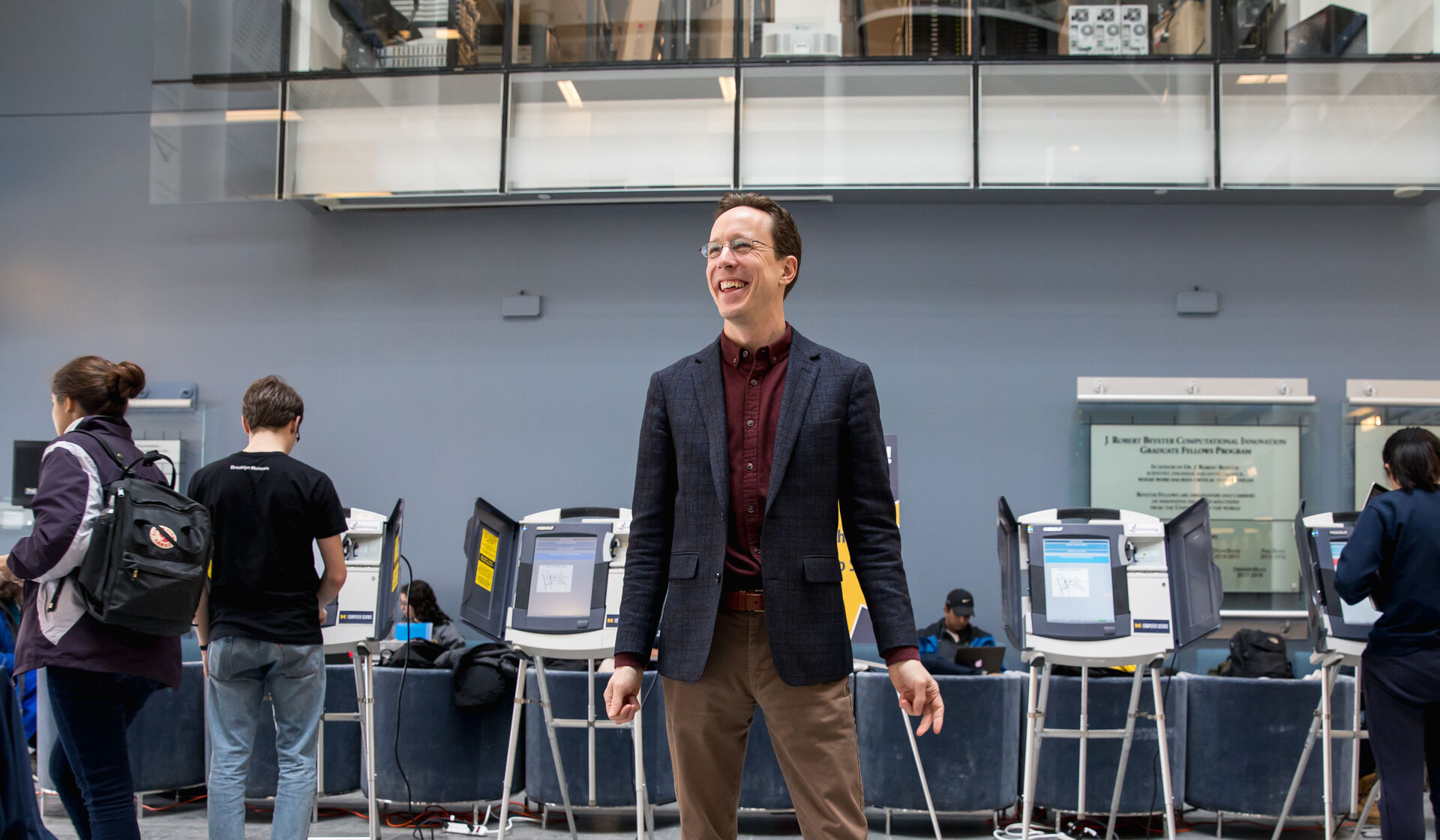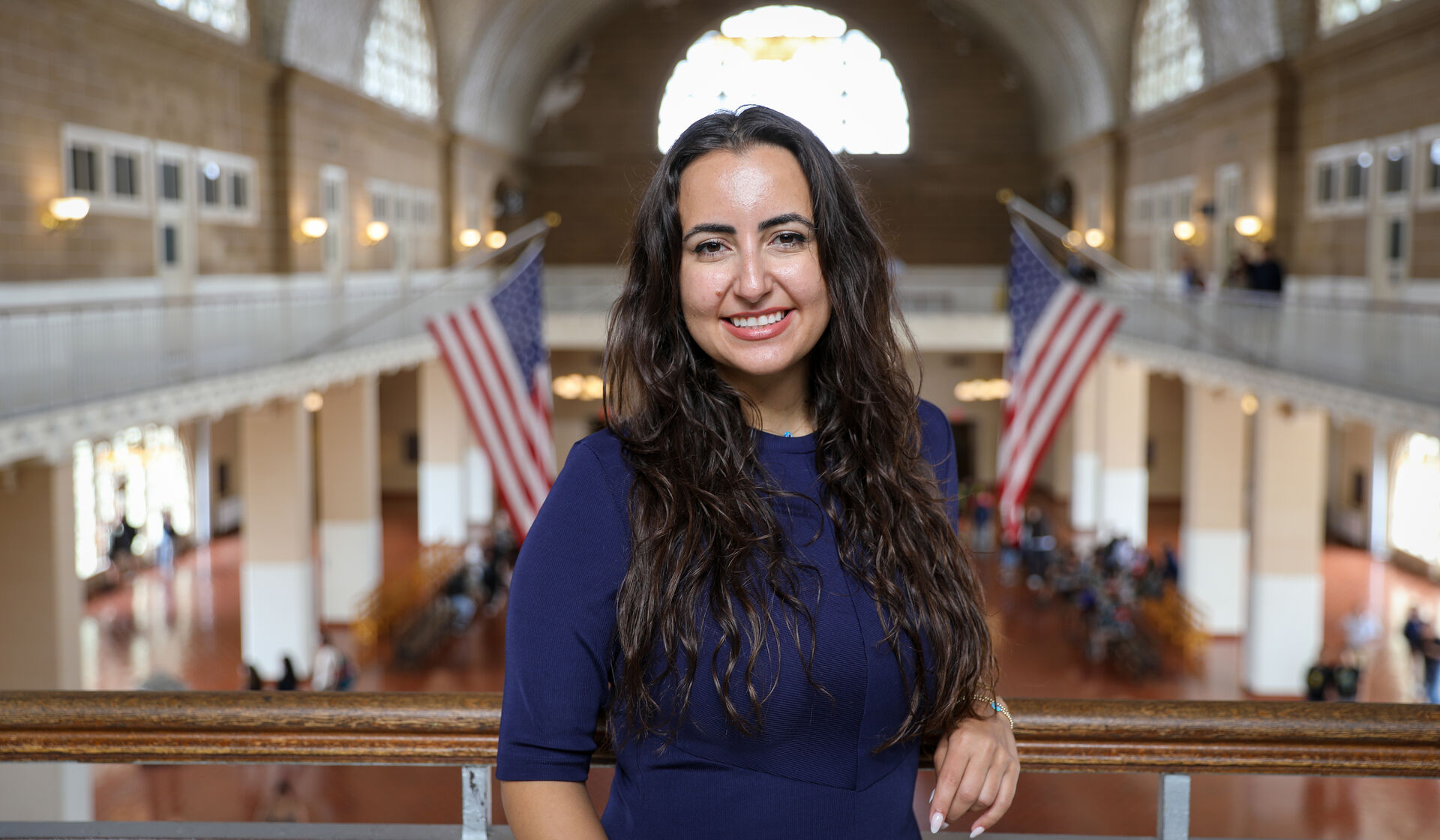When we think about love, the classic idea of romance immediately jumps to the forefront. In reality, love is a strong emotion that can drive the way people view the world and make decisions. Some of U-M’s top faculty and researchers are contemplating and investigating how love has been depicted in the past, how it can change our moral makeup, and what future technology may mean for relationships.
For more insight on love and any number of other topics, visit the Alumni Education Gateway, which offers a variety of articles, podcasts, lectures, and papers created by the Leaders and Best.
Love’s Landscape
How has the idea of love changed over time? More specifically, how have the environments where love takes place developed, and what do they tell the viewer about the culture’s views on desire and romance? In “Finding Spaces for Love,” art history professor Patricia Simons takes a closer look at pre-modernity masterpiece paintings, drawings, and etchings to uncover the social, emotional, and sensual considerations at play.
Family First
Reports that close family and friends of those who commit crimes do nothing to stop or turn in the perpetrator elicit disgust, anger, and judgmental reactions from the public. But anyone in a similar circumstance is likely to do the same, according to a U-M study. Even if the offense is particularly heinous, the tendency is for people to forgo ethics to preserve the relationship.
Romance With Robots
Sven Nyholm, MA’10, PhD’12, teaches at the Eindhoven University of Technology in the Netherlands and sits at the intersection of ethics, technology, and human enhancement. His work considers the development of advanced robotics, “love-enhancement” drugs, and our commonly held ideals of romance and conscious choice, he believes a time may come when love between humans and robots is a reality.





